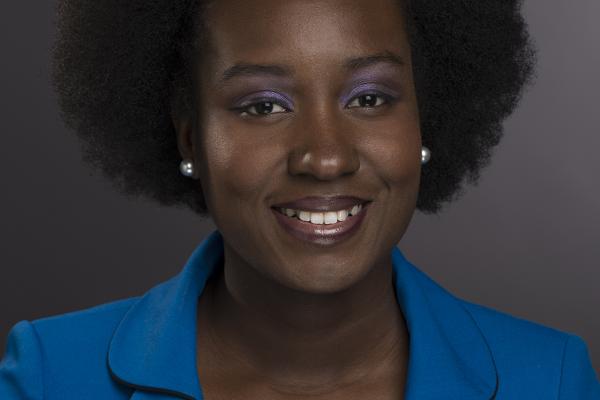
Dr. Geraldine Cochran
Rutgers University
The Cost of Graduate Education in Physics
Location: 1080 Physics Research Building, Smith Seminar Room
Faculty Host: Andrew Heckler

Abstract: In this presentation, I will share my vision of equity-oriented physics education research and illustrate this vision through a collaborative research study that I am conducting through the Inclusive Graduate Education Network. This study focuses on the experiences of graduate students in physics departments with bridge programs. Bridge programs are designed to address the inequities in physics graduate education made evident by the underrepresentation of students from minoritized ethnic/racial groups in physics graduate programs. To understand the experiences of physics graduate students minoritized due to ethnicity/race, we conducted semi-structured interviews with graduate students from 4 different institutions with bridge programs. The participants interviewed self-identified as Black, African American, Hispanic, Latino, Chicano, and Xicano Rican. The participants interviewed self-identified in terms of sex/gender as female, male, man, and non binary. We employed the Community Cultural Wealth (CCW) framework in the design of this study. CCW (Yosso, 2005) highlights the valuable resources - wealth - that students from minoritized ethnic/racial groups bring to educational settings. This framework motivated the interview protocol used in this study and the analysis of the data. In this presentation, I will share the preliminary results of this study.
Bio: Dr. Geraldine L. Cochran is an Associate Professor of Professional Practice at Rutgers University in a joint position in the Office of STEM Education and the Department of Physics and Astronomy. In addition to engaging in equity-oriented research and evaluation, she teaches one of the large-enrollment, introductory physics sequences for engineering majors
